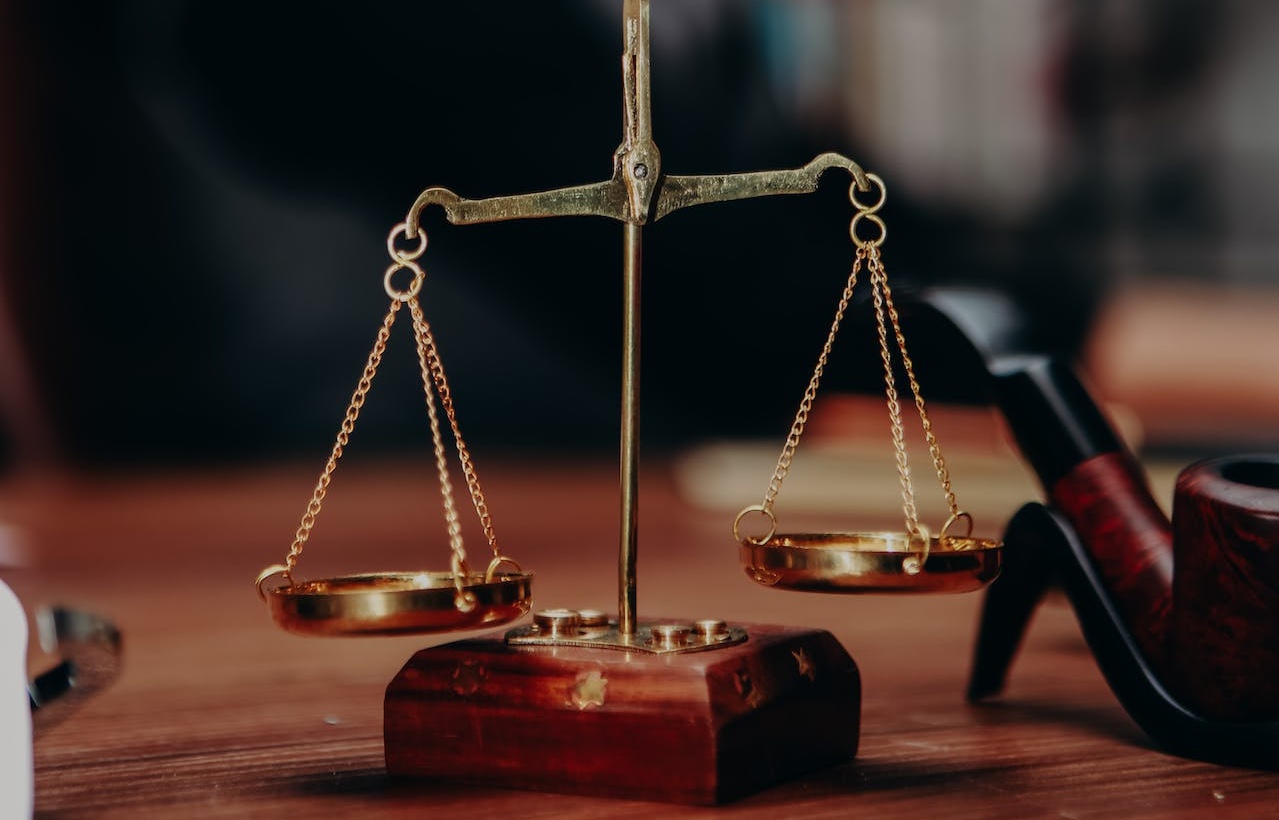Understanding the intricacies of juvenile offenses and the juvenile justice system is paramount in today’s ever-evolving social and legal landscape. Delving into the complexities of these matters, this comprehensive guide is designed to shed light on the multifaceted aspects of juvenile law. The justice system, particularly when it involves minors, is a labyrinth of rules, procedures, and institutions that can often be difficult to navigate.
This guide sets out to demystify the labyrinth, providing an in-depth exploration of adolescent transgressions, legal repercussions, and the juvenile justice system’s distinctive nature. It aims to provide a clear understanding of how the system operates, the legislation that governs it, and what differentiates it from the adult justice system.
Understanding the Juvenile Justice System
The juvenile justice system differs from the adult criminal justice system in several critical aspects. Its primary focus is on rehabilitation and support for young offenders, making the processes and potential consequences distinct from those faced by adults. Some of the key differences include:
1. Confidentiality: Juvenile proceedings are typically more private than adult criminal cases, with sealed records and limited audience access to proceedings to protect the child’s privacy and future prospects.
2. Terminology: The language used in the juvenile justice system also differs from that of the adult system, with terms like “adjudication” and “disposition” replacing “conviction” and “sentencing” to emphasize rehabilitation over punishment.
3. Separate courts: While adult criminal cases take place in traditional courts of law, juvenile cases are often held in specialized juvenile courts, presided over by judges specifically trained in juvenile matters.
4. Informality: Juvenile proceedings may be less formal than adult criminal trials, with a more collaborative approach between the judge, probation officers, and other involved parties to determine the best course of action for the child’s development.
Common Juvenile Offenses and Their Potential Consequences
While any unlawful behavior can be classified as a juvenile offense, certain acts are more commonly committed by young individuals. Some of the most common juvenile offenses and their potential consequences include:
1. Vandalism: Acts of property damage, such as graffiti or destruction of public property, can result in community service, probation, fines, or even detainment in a juvenile facility.
2. Theft: Petty theft or shoplifting can lead to similar penalties as vandalism, with consequences often tailored to match the severity and circumstances of the offense.
3. Underage Drinking: Penalties for drinking underage can include mandatory alcohol education, community service, driver’s license suspension, and probation.
4. Drug Offenses: Juvenile drug offenses can range from possession for personal use to distribution or trafficking, with consequences varying depending on the type and amount of substances involved.
5. Assault: Penalties for juvenile assault cases can range from probation and anger management counseling to more severe consequences like placement in a juvenile detention center.
Transfer of Juveniles to Adult Court: When and Why it Happens
In certain circumstances, particularly severe offenses or repeat offenders, a juvenile may be transferred to adult court and treated as an adult defendant. Some factors that can influence this decision include:
1. Age: Generally, older juveniles are more likely to be transferred to adult court than younger ones, particularly if they are close to the legal age of adulthood.
2. Severity of offense: More serious crimes, such as murder, rape, or armed robbery, are more likely to result in a transfer to adult court.
3. Prior offenses: Juveniles with a history of criminal behavior may be deemed resistant to rehabilitation efforts and therefore transferred to adult court.
4. Trial waiver: In some cases, a juvenile may waive their right to a trial in juvenile court, choosing instead to proceed in adult court.
The Role of a Skilled Criminal Defense Attorney
When your child is facing juvenile charges, securing the services of an experienced and skilled criminal defense attorney is crucial. Some ways a criminal defense attorney can assist in a juvenile case include:
1. Negotiating plea deals: A skilled attorney can negotiate favorable plea deals with prosecutors, potentially reducing the severity of the charges and consequences your child faces.
2. Defending against wrongful charges: By thoroughly examining the case and evidence against your child, a dedicated attorney can fight to protect your child’s rights and ensure they are not wrongfully convicted.
3. Advocacy during court proceedings: A knowledgeable attorney will advocate zealously on your child’s behalf during court proceedings, focusing on the best interests of the child and the importance of rehabilitation opportunities.
4. Sealing or expunging juvenile records: A criminal defense attorney can also help explore options for sealing or expunging your child’s juvenile records to minimize the impact on their future opportunities.
Protecting Your Child’s Rights and Future
Facing a criminal charge as a juvenile can have far-reaching effects, both immediate and long-term. Understanding the complexities of the juvenile justice system and the potential consequences of various offenses is crucial for parents and juveniles alike. By securing the right legal representation, such as the experienced attorneys at BFP Law Firm, families can ensure the best possible outcome for their child and protect their rights and future prospects.
If your child is involved in the juvenile justice system, don’t hesitate to reach out to a qualified criminal defense attorney. Contact BFP Law Firm today and let our team of skilled professionals guide you through this challenging time, advocating tirelessly on your child’s behalf.








